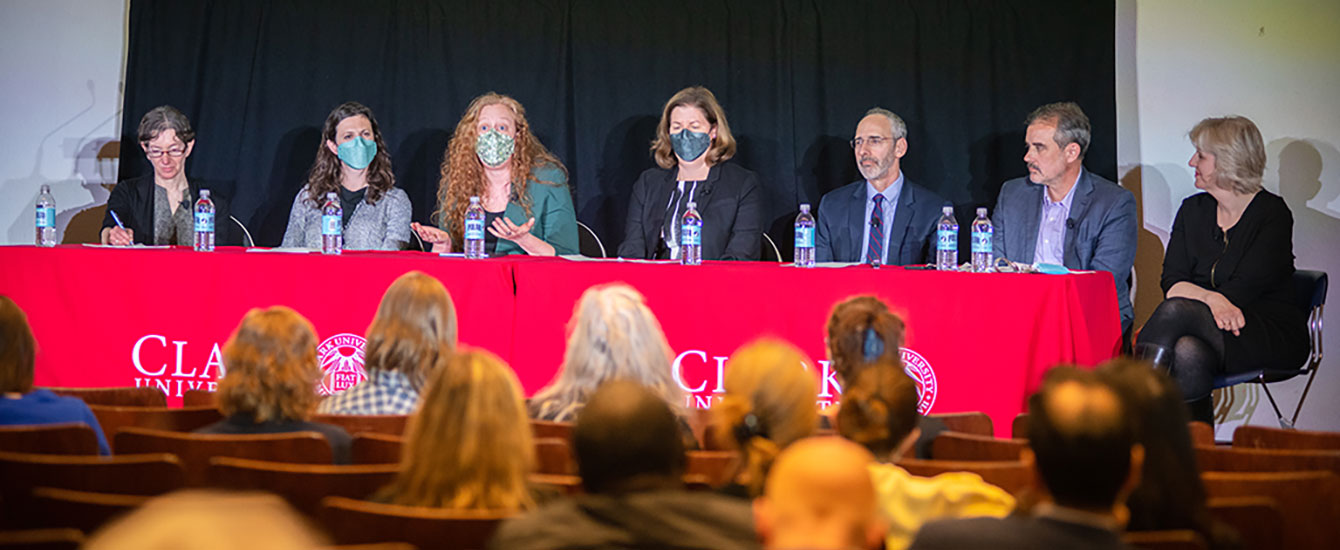Political Science
Searching for an exit: The effects of context, process and structure on crisis negotiation
Document Type
Article
Abstract
By virtue of their defining criteria, international crises would seem unlikely candidates for conflict management and resolution. However, negotiations among crisis protagonists are not uncommon. Such behavior may reflect a desire to 'exit' the crisis dynamic. This article takes up the question of when and in what circumstances actors engaged in crisis situations turn to negotiation. Through an empirical analysis of over 1000 cases of foreign policy crises occurring between 1918 and 2015, this research examines a set of potential contextual, processual and structural correlates of crisis negotiation. The results of this analysis indicate that negotiation is less likely to occur in complex, high stakes, and especially violent crises, suggesting that negotiation is an unlikely and perhaps ill-suited response to more intense and severe crises.
Publication Title
International Negotiation
Publication Date
2019
Volume
24
Issue
3
First Page
371
Last Page
406
ISSN
1382-340X
DOI
10.1163/15718069-24031184
Keywords
conflict management, conflict resolution, context, international crisis, Negotiation, process
Repository Citation
Butler, Michael J., "Searching for an exit: The effects of context, process and structure on crisis negotiation" (2019). Political Science. 27.
https://commons.clarku.edu/faculty_political_science/27



